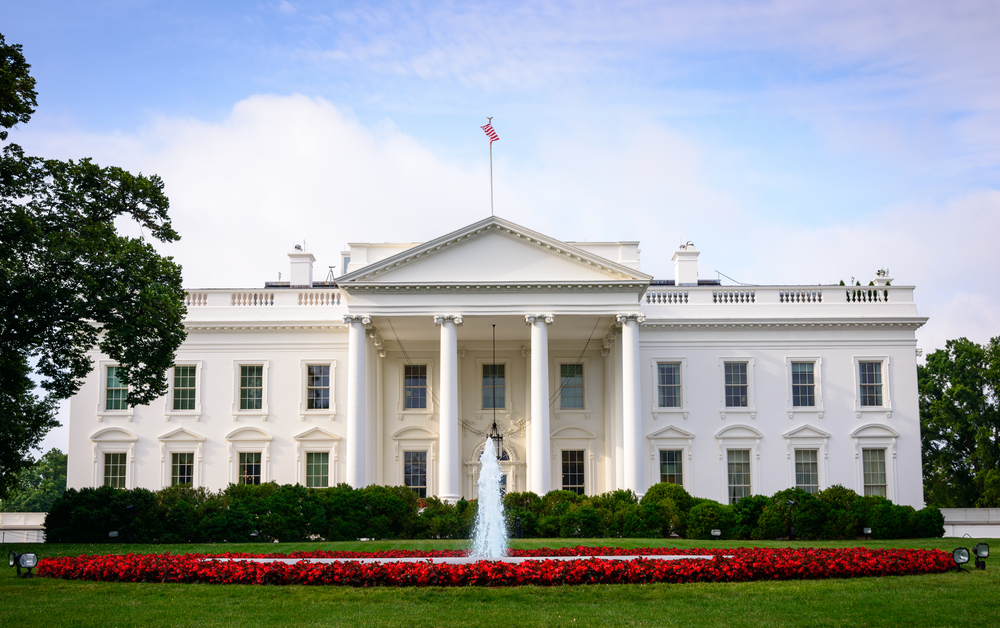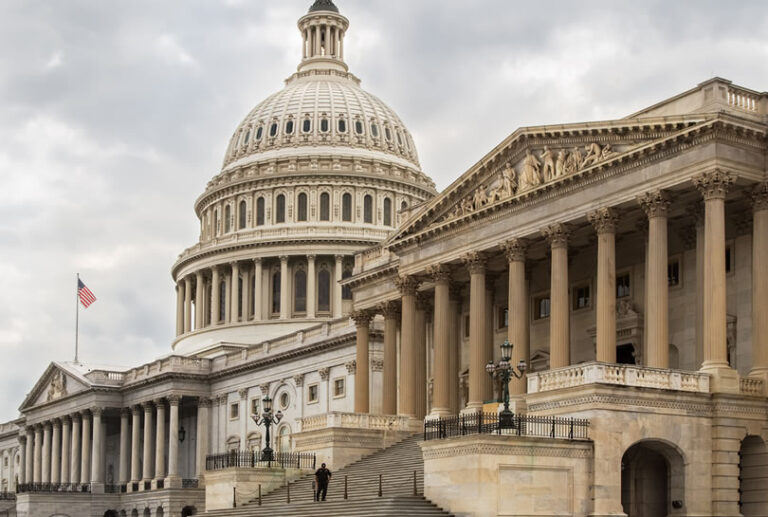July 27, 2020 – The four Executive Orders signed by President Trump on Friday were designed to address drug pricing concerns, but their combined impact is modest and they are “unlikely to have any immediate effect,” according to Coalition for Healthcare Communication Executive Director Jon Bigelow. However, they do “give the president talking points for his re-election campaign and remind everyone of his commitment to find ways to lower drug prices,” he said.
Specifically, the four new Executive Orders cover:
- Capping drug prices based on those paid in foreign countries unless drug companies come up with a better plan to reduce drug prices by Aug. 24 (many Republican members of Congress have opposed this form of price controls);
- Eliminating rebates from drug manufacturers to pharmacy benefit managers (this order includes a caveat that the rebate ban would not be imposed if it would raise senior citizens’ premiums; because the Congressional Budget Office already determined that the rebate ban would raise premiums by as much as 25 percent, this Executive Order seems moot);
- Allowing consumers to buy prescription drugs from sources in foreign countries (which former FDA Commissioners oppose); and
- Ensuring that discounts negotiated by community health centers on insulin and EpiPens would be passed on to patients.
Bigelow commented that the Coalition – which recognizes that controlling rising healthcare costs is a national priority and does not advocate for high drug prices – has examined the Executive Orders to determine whether they have the effect – intentional or not – of limiting the free flow of accurate and credible health information to clinicians and consumers. “Unlike some past proposals, the new Executive Orders do not appear to threaten any specific collateral effects on the type or quantity of health marketing and communications,” he said.
“The research-based biopharmaceutical industry has been working around the clock to develop therapeutics and vaccines to treat and prevent COVID-19,” Pharmaceutical Research and Manufacturers of America President and CEO Stephen J. Ubl said in a July 24 statement criticizing the Executive Orders. “The administration’s proposal today is a reckless distraction that impedes our ability to respond to the current pandemic – and those we could face in the future. It jeopardizes American leadership that rewards risk-taking and innovation and threatens the hope of patients who need better treatments and cures,” he stated.
Bigelow explained that Executive Orders are not immediately enforceable, and their implementation would require a months-long process of finalizing regulations. “Although for now the regulations suggested by these Executive Orders largely are campaign talking points and will not bring results in the 100 days before the election,” he said, “expect to see a serious effort to enact specific legislation in this area in the next Congress, because voters remain highly concerned about prescription drug costs.”




